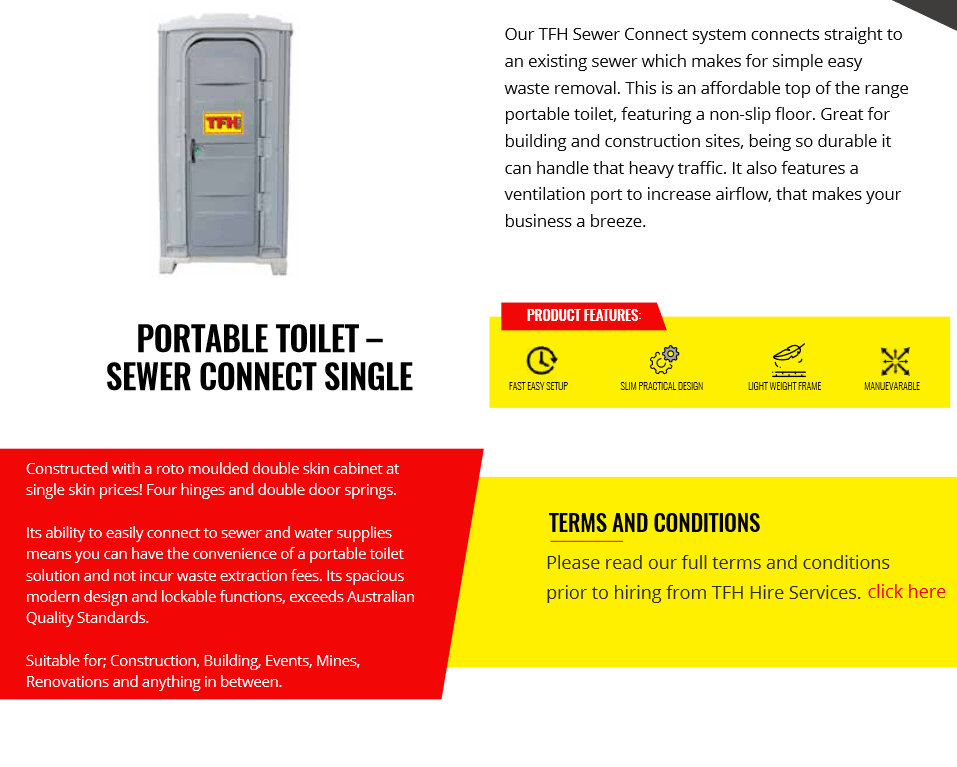Examine This Report about Reclaim Waste
Table of ContentsThe Ultimate Guide To Reclaim WasteReclaim Waste Things To Know Before You Get ThisLittle Known Questions About Reclaim Waste.Unknown Facts About Reclaim WasteAn Unbiased View of Reclaim Waste
Domestic sewage waste refers to the waste and items from a residential septic container. The appropriate administration and disposal of domestic sewer waste need liquid waste to be moved to a sewer treatment plant where the correct techniques and devices are applied to detoxify and dispose of waste.
Industrial waste usually includes potential threats, such as flammable materials or a mix of fluid and solid waste items, and requires an advanced and thorough disposal procedure. The disposal of commercial waste normally involves the purification of waste before transportation to make certain risk-free and proper disposal. Industrial waste is created from results and overflow of industrial procedures and production.
This sort of waste can not make use of the exact same sewer administration transport or procedures as septic or business fluids. The hazardous waste monitoring procedure requires the examination and testing of liquid waste prior to it goes through the disposal process (liquid waste removal). Runoff waste is the liquid waste that originates from runoff and excess stormwater in highly booming locations or cities
Runoff waste can create contamination and flooding if not managed effectively. Discover much more regarding sewage system cleansing and waste management. Making certain appropriate waste administration can protect against calamities and reduce ecological damage. Both people in property setups and experts in commercial or production markets can benefit from recognizing the procedures and policies of liquid waste management.
Everything about Reclaim Waste
Get in touch with PROS Services today to discover regarding our waste monitoring and disposal solutions and the proper ways to look after the fluid waste you generate.
(https://packersmovers.activeboard.com/forum.spark#comment-71317007)Do you recognize what takes place to your water when you pull the plug, flush the commode or drain the washing machine? No? Well, it deserves recognizing. This supposed 'wastewater' is not just a crucial resource yet, after treatment, will certainly be launched to our land, rivers or the ocean. Used water from commodes, showers, bathrooms, kitchen area sinks, washings and industrial procedures is called wastewater.

water used to cool down equipment or tidy plant and tools). Stormwater, a kind of wastewater, is overflow that streams from agricultural and city areas such as roofings, parks, gardens, roads, paths and seamless gutters into stormwater drains, after rainfall. Stormwater moves untreated straight to neighborhood creeks or rivers, at some point getting to the ocean.
The Greatest Guide To Reclaim Waste
In Queensland, the majority of wastewater is treated at sewage therapy plants. Wastewater is transferred from domestic or industrial websites through a system of sewers and pump terminals, referred to as sewage reticulation, to a sewage therapy plant. City governments develop, maintain and operate most sewage treatment plants. Operators are licensed under the Environmental Management Act 1994 to release cured wastewater at an appropriate environmental requirement right into rivers.
The Department of Natural Resources suggests city governments regarding managing, operating and preserving sewage systems and treatment plants. In unsewered areas, city governments might require householders to set up private or household sewage therapy systems to treat residential wastewater from bathrooms, cooking areas, bathrooms and laundries. The Division of Natural Resources authorises the usage of household systems when they are verified to be effective.
Many stormwater obtains no therapy. In some brand-new neighborhoods, therapy of some stormwater to eliminate litter, sand and crushed rock has actually started utilizing gross toxin catches. Wastewater therapy happens in 4 stages: Removes strong issue. Bigger solids, such as plastics and various other things wrongly discharged to sewage systems, are removed when wastewater is gone through screens.
Makes use of small living organisms understands as micro-organisms to damage down and get rid of staying liquified wastes and fine bits. Micro-organisms and wastes are integrated in the sludge.
The Best Guide To Reclaim Waste
Nutrient removal is not available at all sewer treatment plants since it requires costly specialized tools. Clear liquid effluent generated after therapy might still have disease-causing micro-organisms - liquid waste removal.

The majority of wastewater flows right into the sewage system. Under the Act, regional federal governments carry out authorizations and permits for environmentally appropriate activities (Ages) involving wastewater launches that might have a local impact.
Getting My Reclaim Waste To Work
Otherwise, samples are taken for laboratory analysis. Usually many tests are needed to establish the levels of each of the various contaminants such as oils, heavy steels and chemicals in water. Tracking provides factual details about water top quality and can verify that permit problems are being met. The information obtained via tracking supplies the basis for making water quality decisions.